Recently Released.
Newly Released in the last 30 days


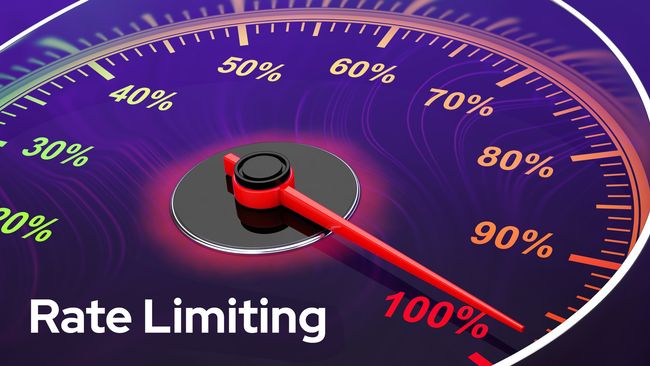
Rate Limiting an Organization's HTTP Requests
In this lesson, we'll cover how to throttle how often an organization can hit our API using HTTP Rate Limits, which is crucial for preventing spam, limiting content access, and managing server load.


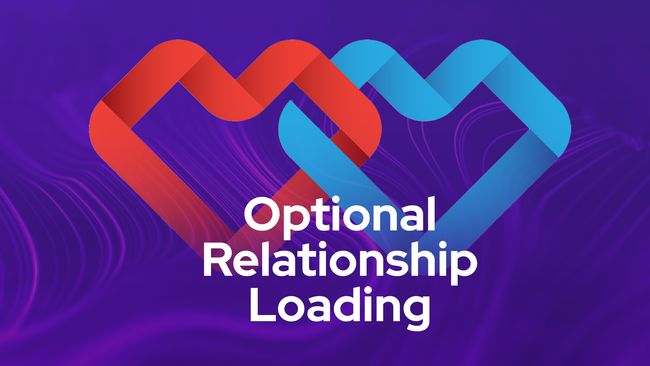
User-Defined Relationship Loading
In this lesson, we'll let our users tell us which relationships they'd like to get back in our lesson search. We'll also discuss how to handle nested relationships and what to watch out for.


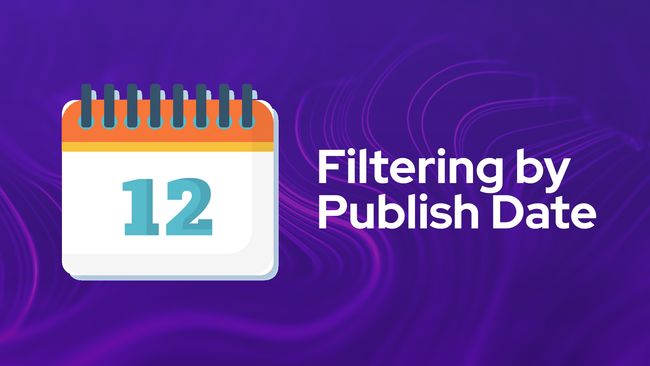
Filtering Lessons by Publication Date
In this lesson, we'll add the ability to search lessons by their publish date and time. We'll utilize before and after properties to allow for filtering that can look forward, backward, or within a specific date range on our lesson's publish at column.


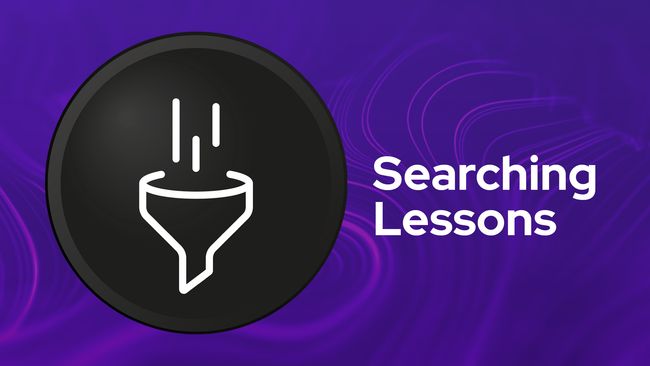
Searching and Filtering Lessons
In this lesson, we'll take the filters we've created thus far and apply them to a new lessons search endpoint. We'll be able to search our lessons by name, status, access level, and module.



Making our Search Course Action Easily Reusable
In this lesson, we'll make our search course filters optional to increase the reusability of our action. We'll then switch our courses index route handler to use this action.


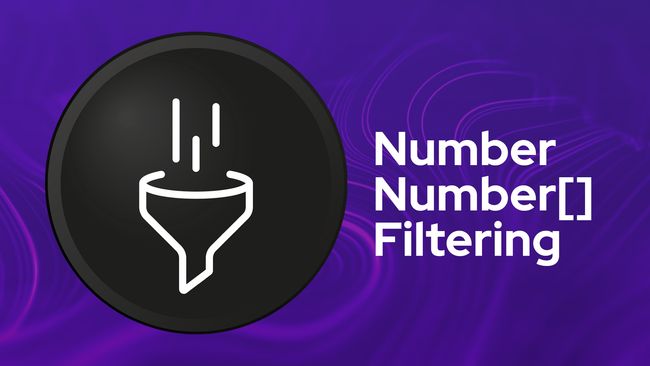
Filtering by a Number or Array of Numbers
In this lesson, we'll implement our number filtering system in which we'll allow our search APIs to accept a single number or an array of numbers to filter the data by. To validate this, we'll use the union rule from VineJS.


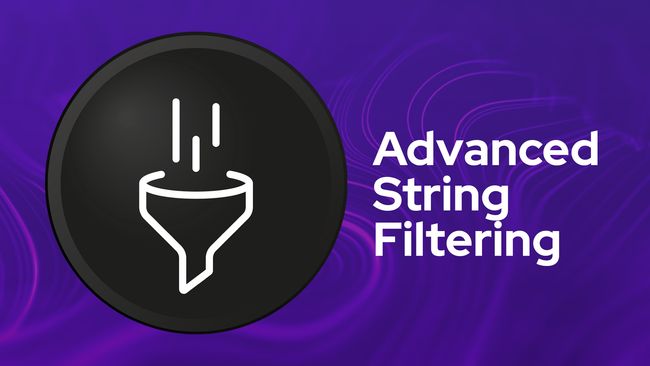
Advanced String Filtering
In this lesson, we upgrade our course name filter to support both simple strings and advanced object-based queries using VineJS’ union rule. This allows users to specify not just what to search for, but how to search for it.


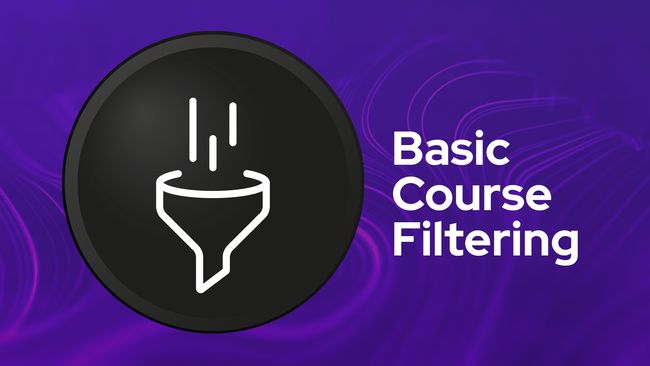
Basic Course Search & Filter
In this lesson, we'll add a new search endpoint for our courses and enable some basic filter functionality along with it. We'll be able to search by course name likeness, status, difficulty, and/or access level.



Getting A Module's Lessons
In this lesson, we'll remove our lesson's index method in favor of a module method whose purpose will be to fetch a module's specific lessons in their stored order.
Lessons.

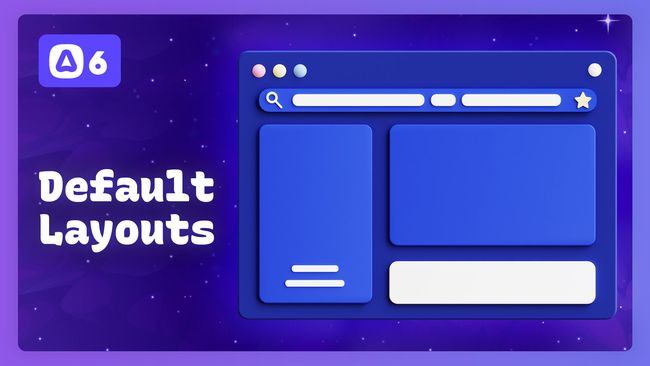
Default Layouts & Overwriting the Default Layout
In this lesson, we'll inspect how Inertia injects our layout component and the data passed to it. We'll also learn how we can overwrite our default layout from our page components.

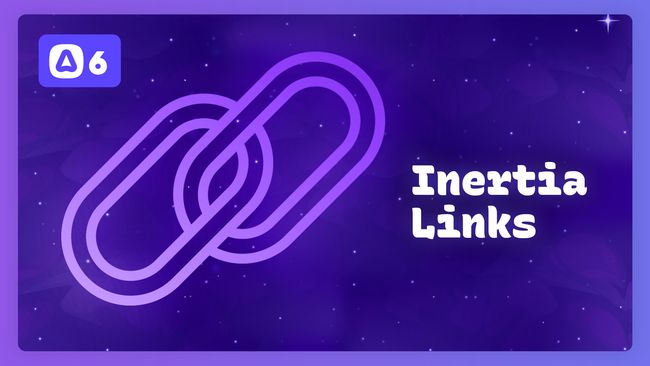
The Link Component and Programmatic Linking
In this lesson, we'll explore Inertia's Link component and its props. We'll then examine how to link between pages programmatically using Inertia's router.

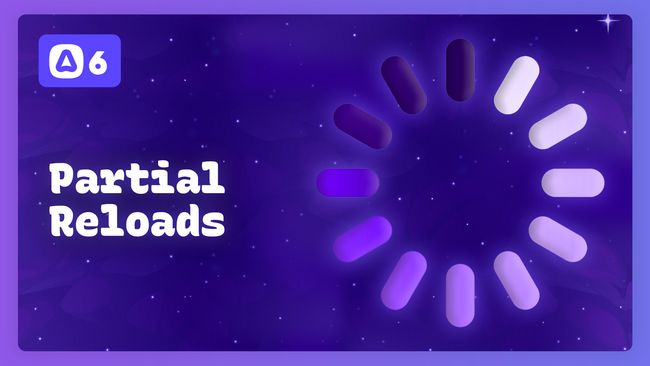
Partial and Lazy Data Loading and Evaluation
In this lesson, we'll learn about Inertia's partial reload functionality that allows us to refresh only specifically specified prop items for our page. We'll also examine lazy properties and how our props are evaluated with partial reloads.

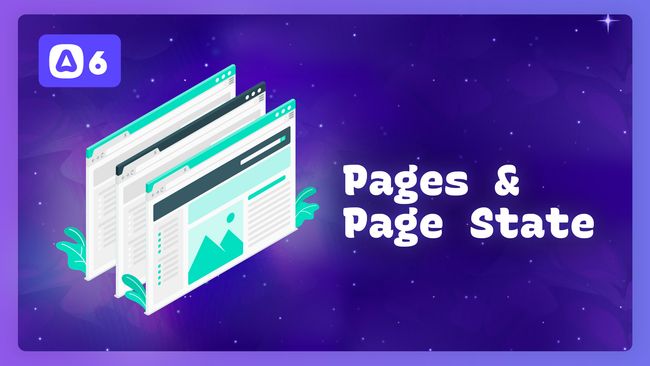
Linking Between Pages & Page State Flow
In this lesson, we'll learn how to link from page to page the InertiaJS way. We'll then inspect how InertiaJS gets and updates our page's stateful information via our page props.

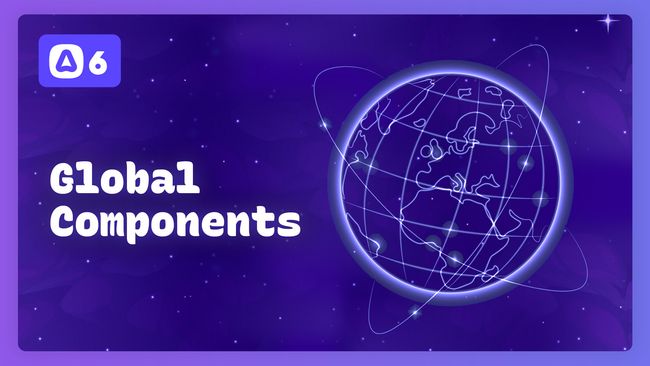
Global Components and Hydration Mismatch in Action
In this lesson, we'll learn how to register components globally inside our Vue application. We'll also learn what to watch out for and examine a hydration mismatch in action.

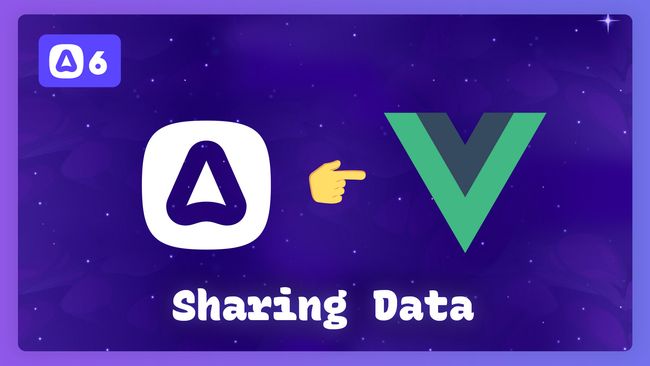
Sharing Data from AdonisJS to Vue via Inertia
In this lesson, we'll learn how to pass data from AdonisJS to Vue using Inertia as the broker. We'll discuss passing data from our controllers, from middleware, and globally via the Inertia shared data configuration.

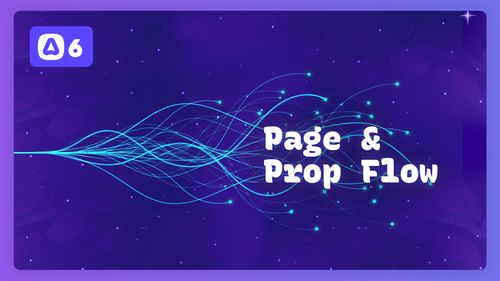
The Flow of Pages and Page Props
In this lesson, we'll talk about the flow InertiaJS follows when rendering pages, from AdonisJS to our Vue application. Then, we'll talk about passing props to our Vue page components.


Setting Up TailwindCSS, Shadcn-Vue, and Automatic Component Imports
In this lesson, we'll install and configure Shadcn-Vue and TailwindCSS. We'll then set up automatic imports for all of our local Vue components.

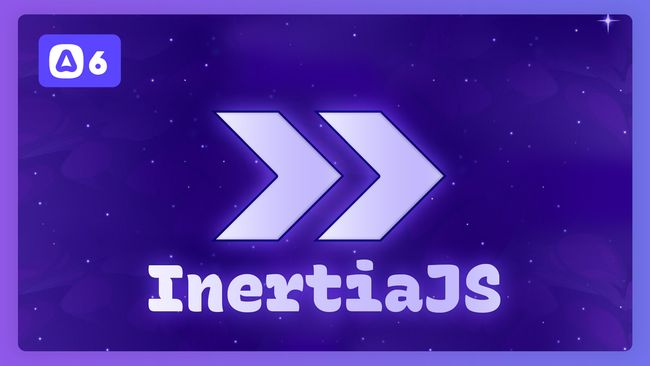
What Is InertiaJS?
In this lesson, we'll introduce InertiaJS. We'll discuss what it is, what it helps with, its adapters, and more.

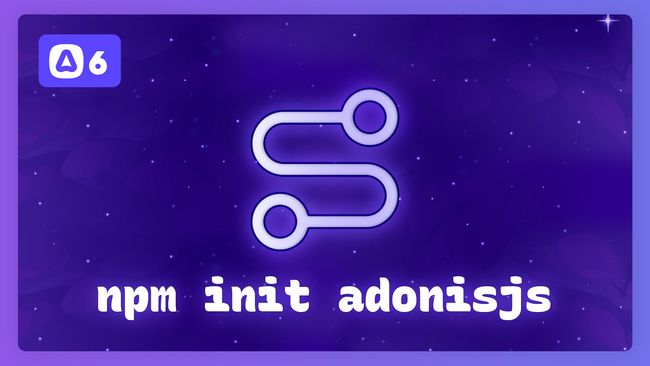
Creating Our AdonisJS App With InertiaJS
In this lesson, we'll create a new AdonisJS 6 application with the InertiaJS Starter Kit. We'll then walk through the Inertia-specific aspects of our project structure and briefly discuss the configuration steps taken when adding Inertia.

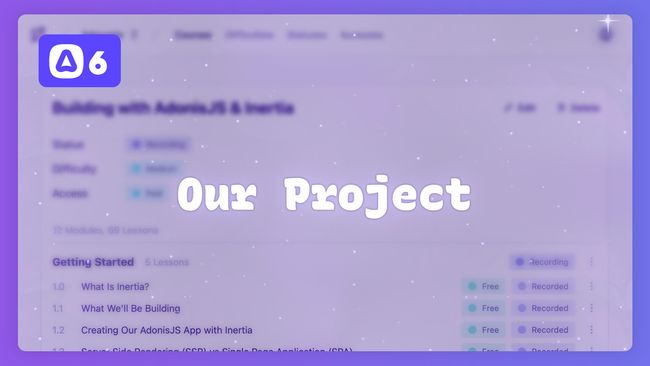
What We'll Be Building
At the end of this series, we'll have a feature-complete application with organizations, teams, drag-and-drop ordering, password reset, and more! So, let's take a second to see our end goal and walk through the app.

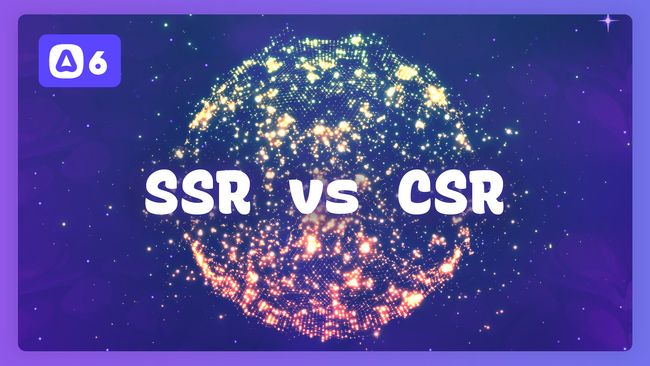
Server-Side Rendering (SSR) vs Client-Side Rendering (CSR)
In this lesson, we'll discuss the differences between InertiaJS in a server-side rendered (SSR) and a client-side rendered (CSR) application. We'll then compare when you would want to choose one over the other and the pros and cons of both.
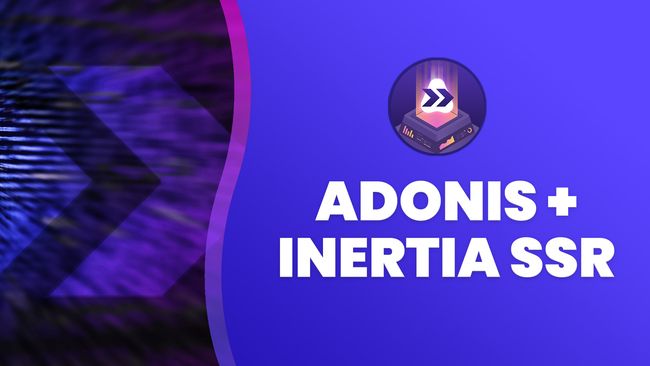
How To Create An AdonisJS 5 & Inertia 1 Project with SSR
In this lesson, we’ll take a look at how to set up AdonisJS 5 and InertiaJS V1 using server-side rendering (SSR).
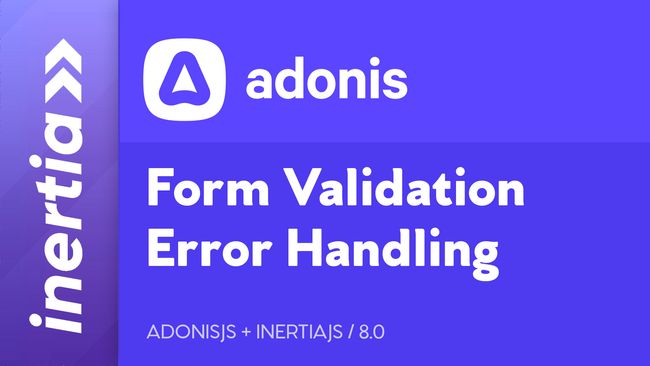
Form Validation Error Handling
In this lesson, we'll see just how nice InertiaJS is when it comes to form validation error handling. As you'll see, little work needs to be done on our part.
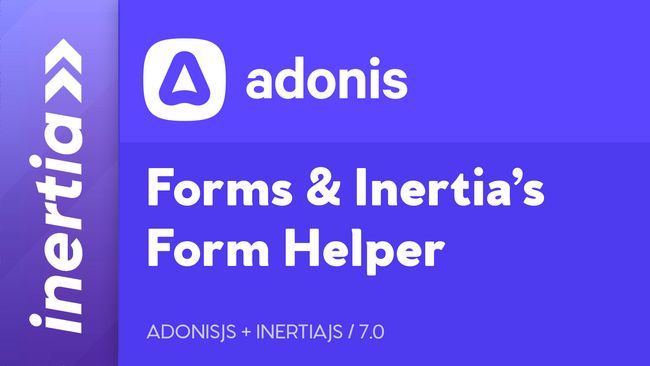
Introducing InertiaJS Forms & The InertiaJS Form Helper
In this lesson, we'll learn about InertiaJS and how it differs when it comes to forms. We'll see how it helps simplify response handling and treats forms as a hybrid between APIs and a Monolith. We'll also learn about Inertia's form helper.
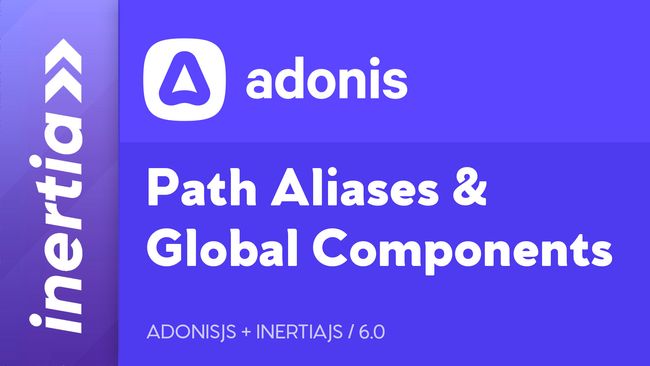
Simplifying Imports with Path Aliases & Global Components
In this lesson, we'll learn how to add a path alias with Webpack Encore to eliminate relative paths from our client-side imports. We'll also learn how to register global Vue 3 components.
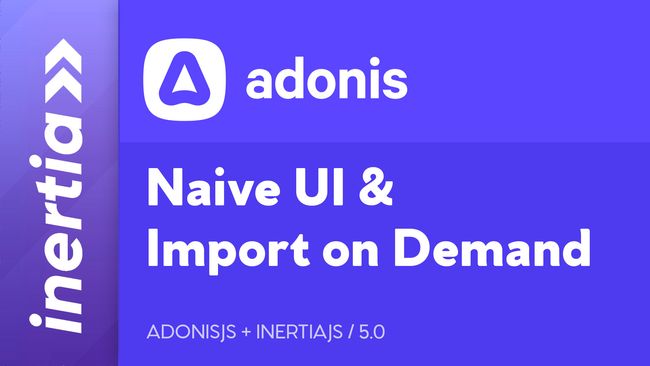
Naive UI and Vue 3 Component Import on Demand
In this lesson, we'll be installing Naive UI, a Vue 3 component library, to our Inertia and Vue 3 application. Then, we'll set up Import on Demand so components will auto-resolve as we use them.
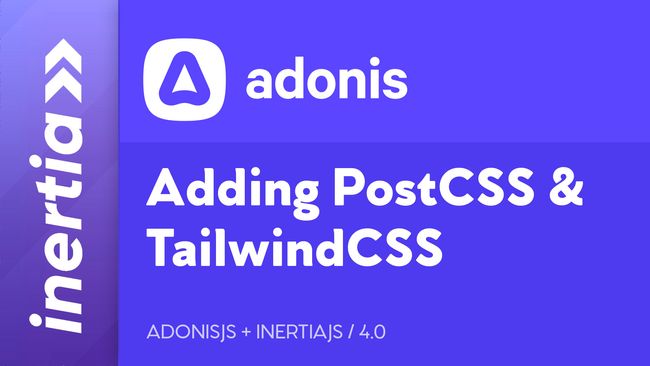
Adding TailwindCSS to our Adonis, Inertia, Vue Application
In this lesson, we'll learn how to add TailwindCSS to an Adonis, Inertia, and Vue 3 application using Webpack Encore.
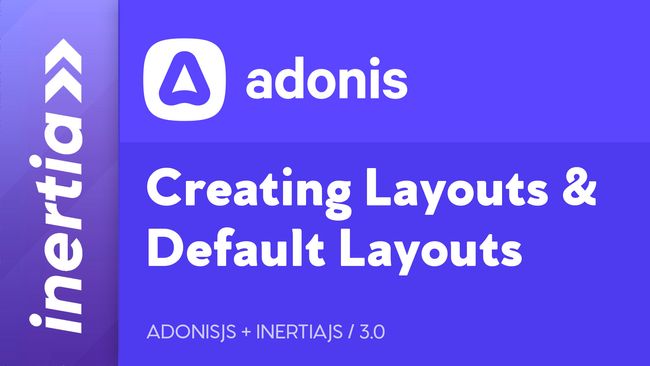
Creating Layouts and Defining Default Layouts
In this lesson, we'll learn how to create and define layouts within our AdonisJS and InertiaJS app. We'll also learn how we can easily add support for default layouts as well.
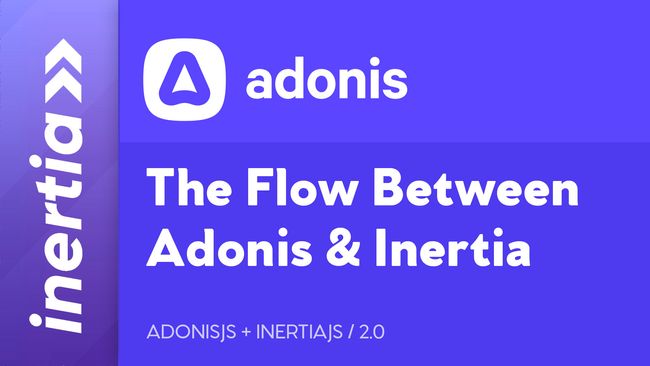
Understanding The Flow Between Adonis, Inertia, and Vue 3
In this lesson, we'll be inspecting the request flow from Adonis through Inertia and to Vue for both initial and subsequent requests.
Showing 81 to 100 of 101 results